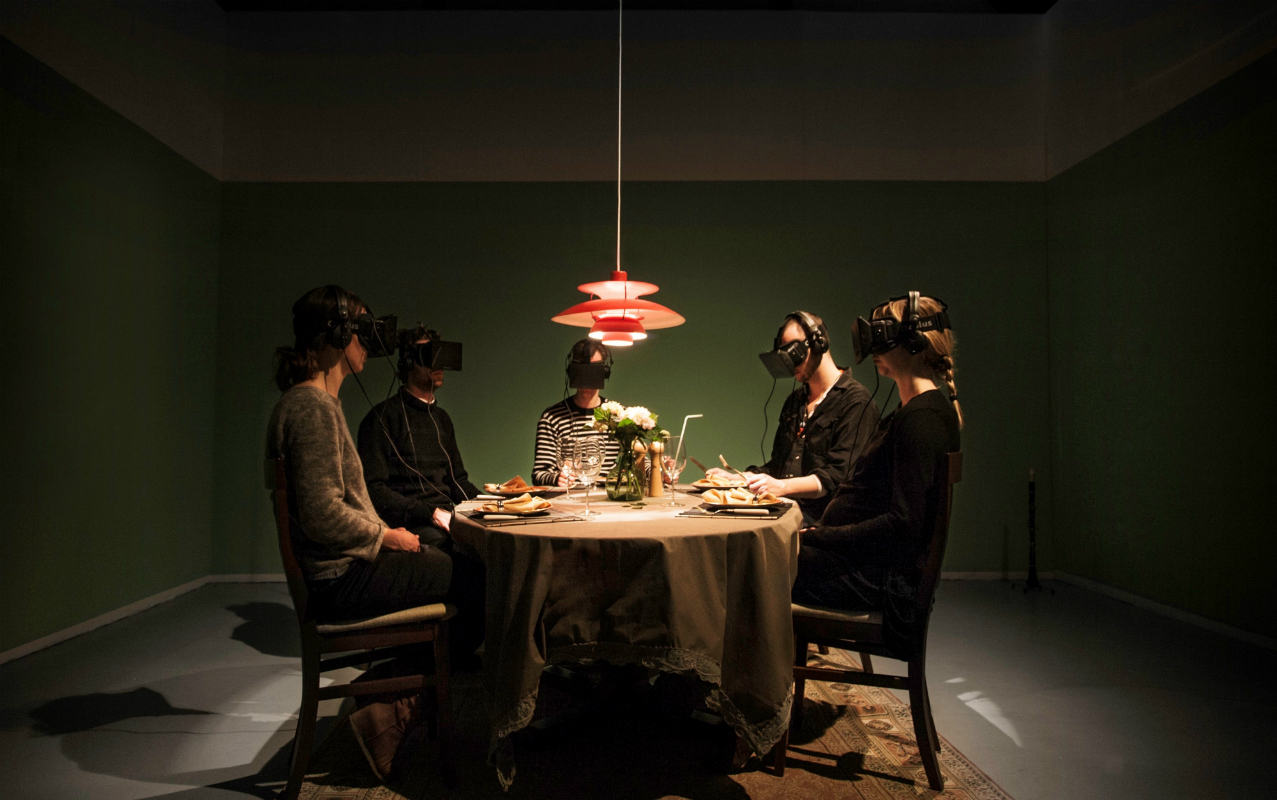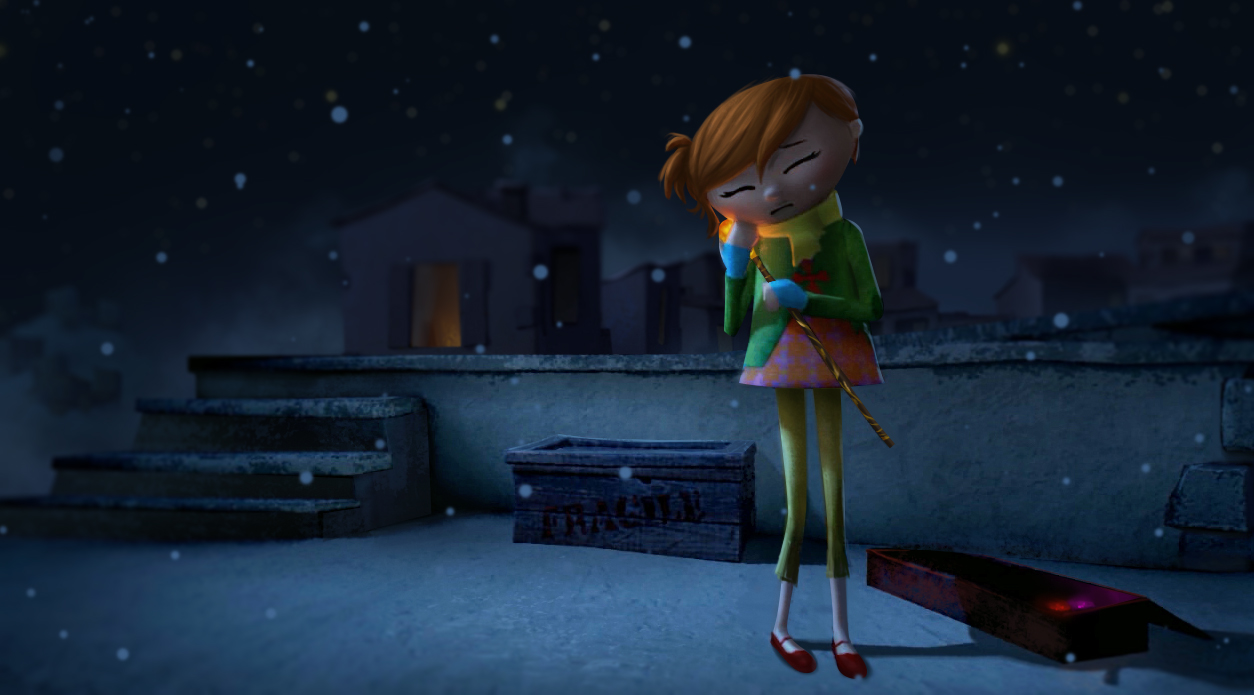VR at Cannes: How Will Virtual Reality Change Film?

The 2016 Cannes Film Festival, which began May 11 and runs until May 22 in Cannes, France, featured a festival first: screenings of virtual reality (VR) short films and presentations in a pavilion dedicated exclusively to VR.
But not everyone is convinced that virtual reality should be part of cinema's future.
Famed director Steven Spielberg said he's skeptical about VR's effectiveness as a storytelling tool, and questioned whether it should be seriously considered as a means for developing and presenting visual narratives. [Beyond Gaming: 10 Other Fascinating Uses for Virtual-Reality Tech]
Spielberg voiced his concerns during the festival, saying VR was potentially "dangerous" because it allows the viewer too much freedom to make their own choices about which parts of a story to engage with, rather than presenting them with a single, fixed narrative path crafted by a writer and director, Reuters reported.
He cautioned that VR might "forget the story" in favor of offering an immersive environment with a number of potential narrative threads or isolated dramatic moments that viewers could explore.
But perhaps it isn't surprising that an established director who is accustomed to steering an audience through a film using carefully considered staging, camera placement, lighting design and editing would be wary of a medium that allows viewers to make their own choices about where to look.
A brand-new language

However, some moviemakers are more than ready to embrace the new technology. Spielberg's naysaying aside, other festivalgoers hailed VR and its immersive worlds as an exciting new direction for cinema, offering fresh opportunities for storytelling.
Sign up for the Live Science daily newsletter now
Get the world’s most fascinating discoveries delivered straight to your inbox.
"Madagascar" co-director Eric Darnell presented a 6-minute VR film at Cannes titled "Invasion!" and told Reuters that he saw VR not as an extension of cinema, but as "its own thing," describing it as "a brand-new language."
Penrose Studios produced the animated VR short "Allumette," which was also shown at Cannes. The studio said in an online description of the film that "VR movies are a new art form, wholly different from cinema, the stage play or the opera that came before."
And Oriane Hurard, a producer and production manager attending the Cannes festival, gleefully tweeted a photo of the VR headset included in her Cannes "swag bag," saying "La révolution est en marche! [The revolution is underway!]"
Motion pictures have undergone many changes since the first procession of sequential images flickered to life before an audience in the early 20th century. Indeed, new technologies emerged over the decades that followed and pushed the medium, and filmmakers, forward. Movies have transitioned from silent to full of spectacular sound and from black-and-white to color, and along the way, voices arose that sounded warnings about how these dramatic changes would destroy the art of cinema forever.
So far, that hasn't been the case.
While VR headsets aren't likely to replace movie theaters just yet, skeptics may want to think twice before they dismiss VR. Virtual reality is only the latest technology to challenge media makers to try a different approach for sharing their stories — and it probably won't be the last.
(Looking for a VR headset? Our sister site Tom's Guide put together a great primer on the best ones on the market right now: The Best VR Headsets.)
Follow Mindy Weisberger on Twitter and Google+. Follow us @livescience, Facebook & Google+. Original article on Live Science.

Mindy Weisberger is an editor at Scholastic and a former Live Science channel editor and senior writer. She has reported on general science, covering climate change, paleontology, biology and space. Mindy studied film at Columbia University; prior to Live Science she produced, wrote and directed media for the American Museum of Natural History in New York City. Her videos about dinosaurs, astrophysics, biodiversity and evolution appear in museums and science centers worldwide, earning awards such as the CINE Golden Eagle and the Communicator Award of Excellence. Her writing has also appeared in Scientific American, The Washington Post and How It Works Magazine. Her book "Rise of the Zombie Bugs: The Surprising Science of Parasitic Mind Control" will be published in spring 2025 by Johns Hopkins University Press.










